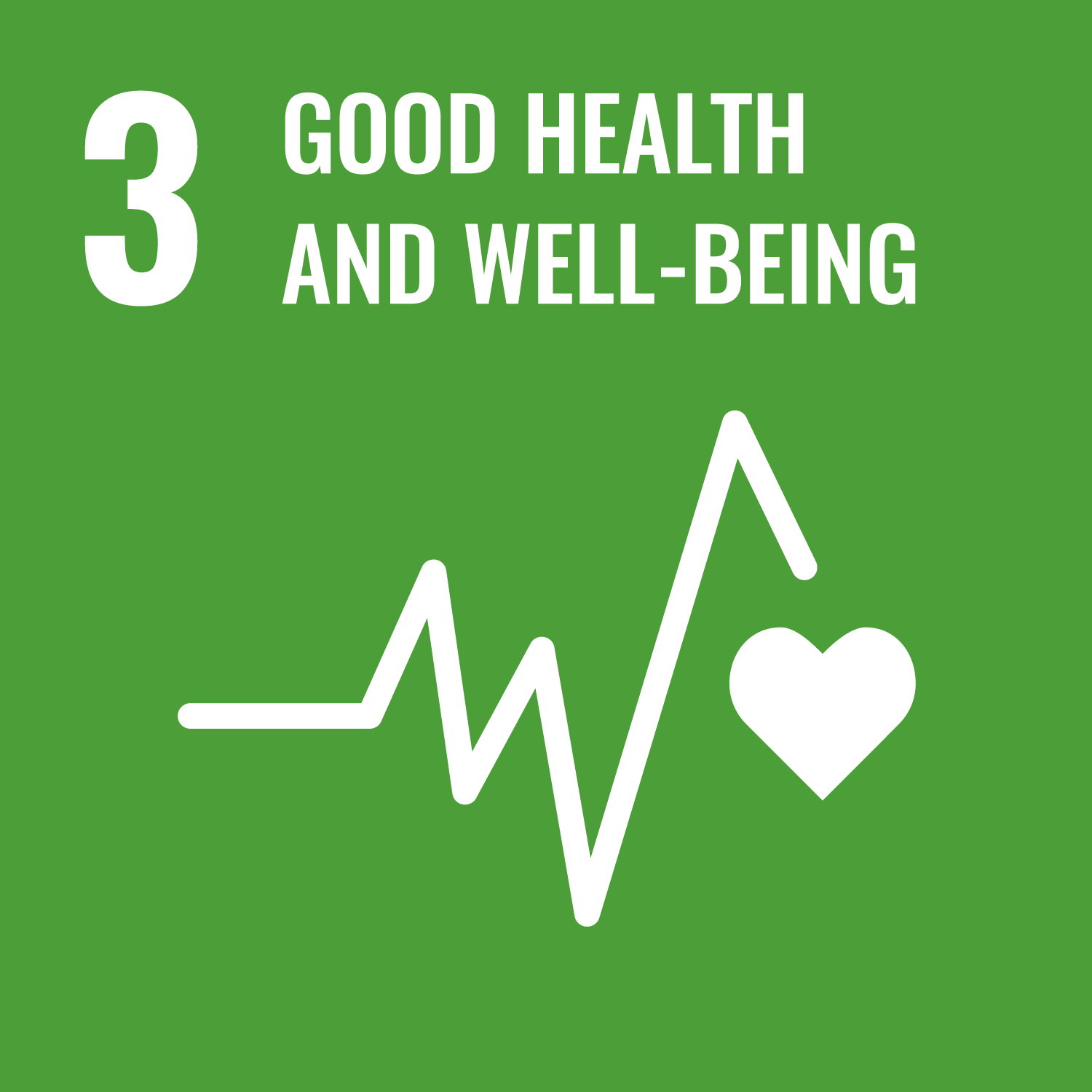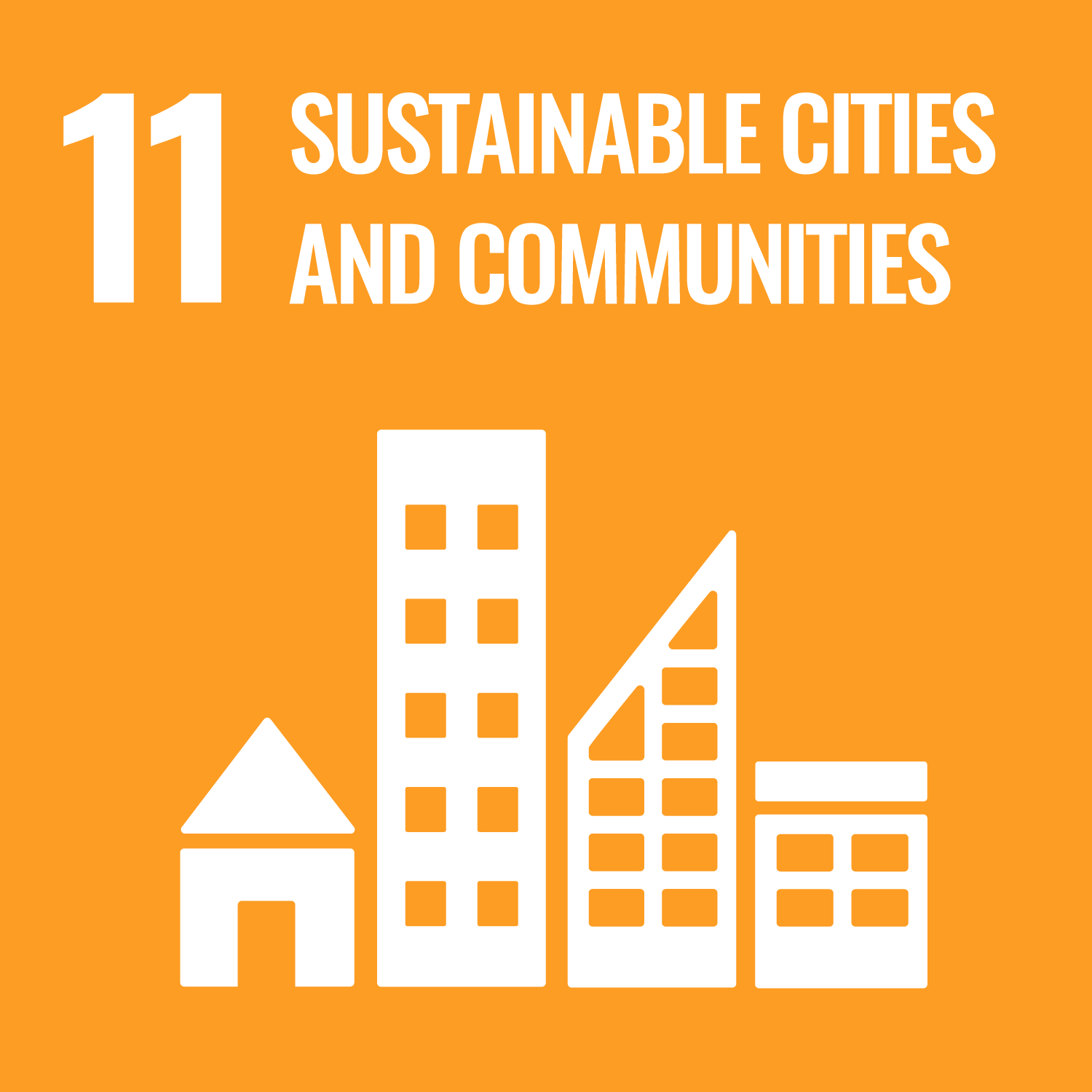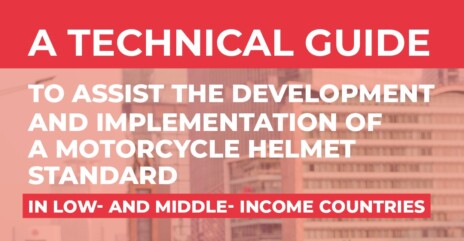South African pupils get on the walking bus to school
On the walking bus, feet replace tires. Children do not sit, they walk in pairs behind an adult “driver” who leads the route between school and home. The walking bus is used by millions of children around the world each day. It is a method of transport which promotes physical exercise, supports efforts for a cleaner environment, builds stronger community relations and educates children on road safety.
In South Africa, the national GRSP gathered different stake-holders and agencies for a pilot walking bus project in the Western Cape called “Walking Groups.” Launched on 5 November 2010, this initiative is part of the “Safer Schools Programme” supported by the South African Ministry of Education. In 2010 the Ministry prioritised road safety training for pupils and educators alike.
Mrs. Feryyal Domingo, Chairperson for GRSP South Africa, outlined the efforts that went into establishing the pilot project. “This programme has emerged from a 24-month journey of extensive, research, investment and evaluation” she told the South African newspaper, Tyger Burger.
The initial research was done by the University of Cape Town, who prioritised needs in the community including an analysis on the safest routes. Local authorities, schools and parents then led a voluntary effort to get the project off the ground. Walking Groups is jointly led by the South African Red Cross.
Project Manager Sianne Abrahams explains that by walking as a collective unit, children are better protected from reckless drivers and other road-related dangers. Yet the walking bus initiative is more than safe transportation for school children. It is also meant to improve security in impoverished neighbourhoods plagued by crime, and raise awareness about road safety by educating children through action.
However Sianne adds, “the programme must be sustained by the community”. In the Western Cape, adults from the community escort groups of children on foot, but the only contributions so far were reflective vests donated by a commercial sponsor.
At the one-year mark, the pilot project will be transferred to the responsibility of the local police. There is great optimism that the walking bus will not only be sustained, but it will expand throughout the country, especially with the combined support of the national GRSP, Ministry of Education and South African Red Cross. After all, lasting change for road safety begins by educating children, and what better way to achieve this than having fun while walking to school on a real, “live” bus.
Related news






